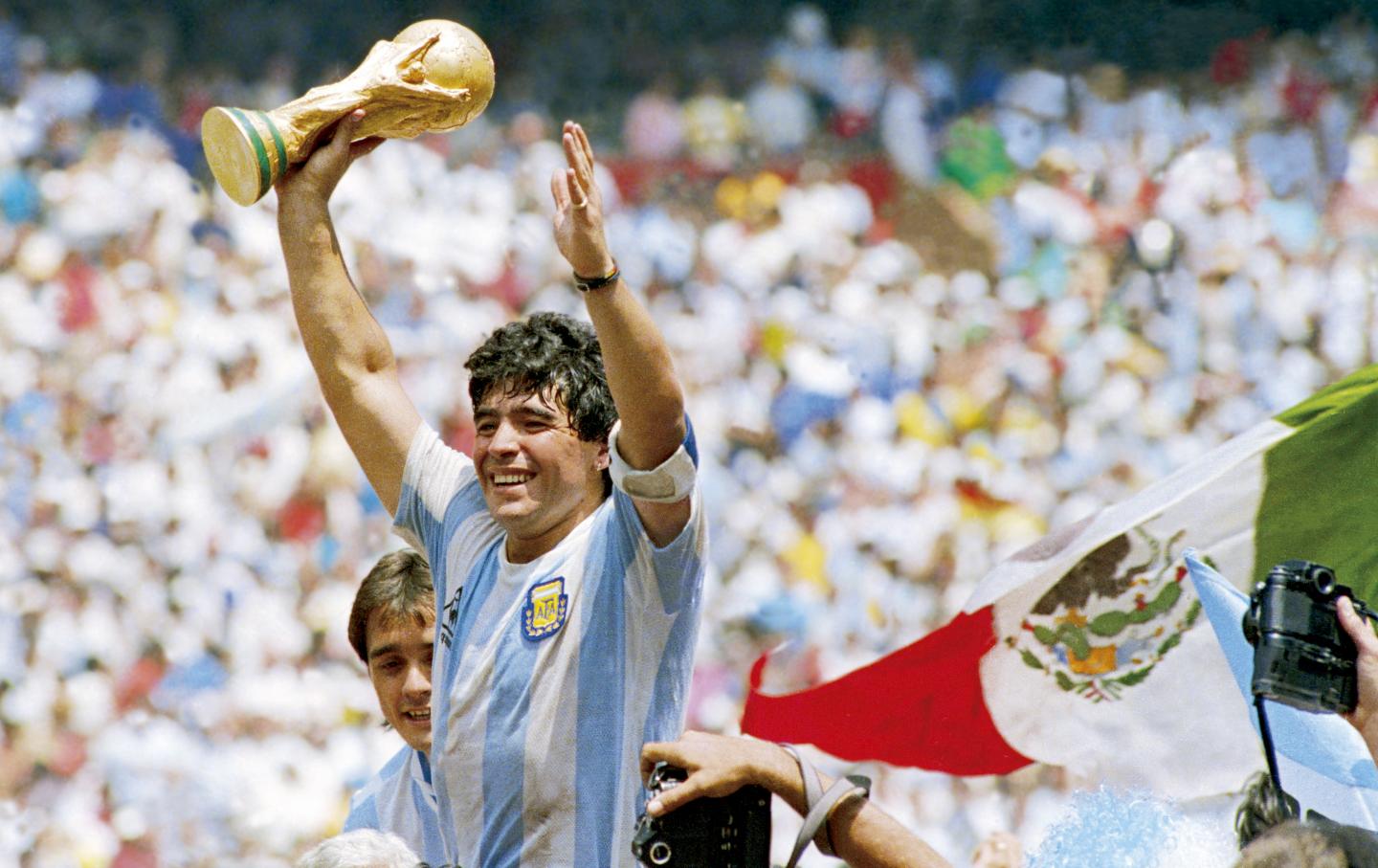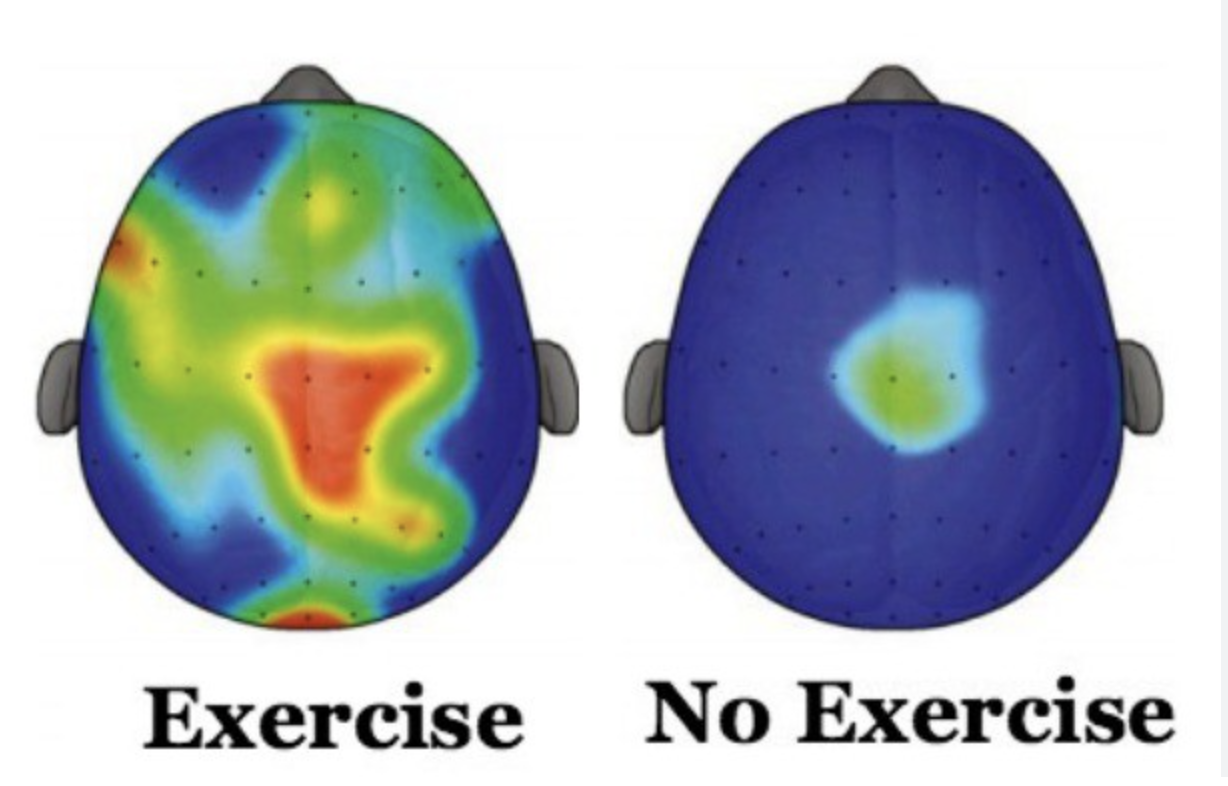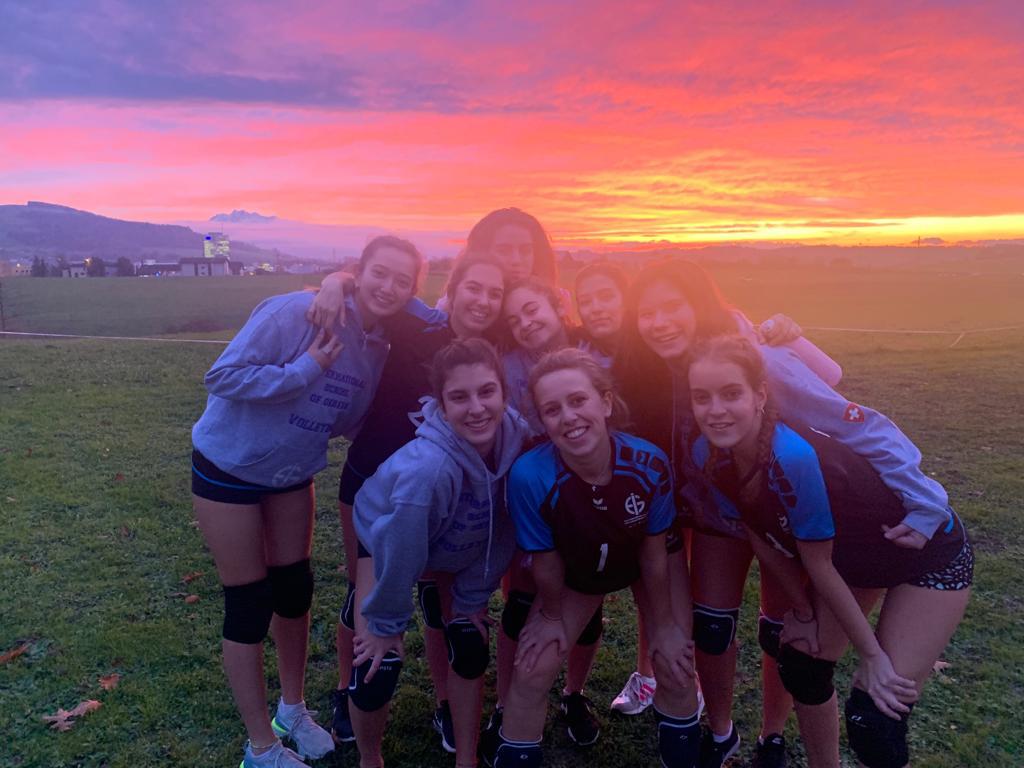By Sean Jang, Y11
The 25th of November saw the death of one of the greatest football legends in this century. Famous for his outrageous ball control and incredible playmaking, Diego Armando Maradona, also known as the “God of Football” and ‘El Pibe de Oro’ meaning Golden Boy in Spanish, rose to prominence at the age of 15 when he made his professional debut for the Argentinos Juniors. He became the youngest player to play in the Argentinian league. Despite all the records he has broken, there were two main events that highlighted his career: The infamous ‘Hand of God’ goal vs England in the 1986 World Cup in Mexico and his goal of the century in the same game just four minutes later.
As stated by Jurgen Klopp, the current Liverpool head coach, “There was Diego, an unbelievable football player, and there was Maradona, who struggled slightly”. Blessed with supernatural talent and skill, he was considered Argentina’s favorite son. Although only his glamour and successes are shown, Maradona grew up in extreme poverty, and football was his only hope in surviving. His grit and determination were the main factors in his success.
Despite all this, however, Maradona had a lot of issues. Distractions, such as severe drug abuse and indiscipline, worsened as he retired from football. Ultimately, these addictions led to his death, with reports stating that he died of a heart attack, his heart being nearly twice the size of an average human being. The announcement of his death at 12pm, Argentina Standard Time, on the 25th of November sparked global grief and several lawsuits from his lawyers, with conflicts and controversies over the treatments received from the doctor and the hospital still recurring two weeks after Maradona’s unfortunate passing.
Professional career
After making Argentinian history by making the earliest professional debut ever, he spent 5 fruitful years and a successful spell at dream club Boca Juniors, and transferred to Barcelona for a then world record fee of 5 million euros. Although he was considered a football legend around Europe upon his first year of arrival, he was also subject to much controversy, with drug problems and connections to crime syndicates being some of the many problems he faced throughout his career. Ultimately, his problems were the reason for his departure from Barcelona after a very successful 5 year stint with the Blaugrana. He then signed for Napoli in 1984 for another world record fee of 12 million euros and was warmly welcomed by 75,000 fans at the Stadio San Paolo, who were convinced that their club’s savior had arrived. And they were right. Napoli won their sole European and Serie-A titles with Maradona, the Serie-A title in 1987 and 1990, the Italian Cup in 1987, and the UEFA Cup in 1989.
As Ignacio Estefanell states it:
Off the field, he made every mistake possible. But on the field it was art. And that’s what people remember. For all the reasons people revile Maradona for the Hand of God, Argentines love him, He stuck it to England in such a way that they are still talking about it. You can call it cheating, but it was brilliant.
Maradona has been and will always remain as a legend of the art of football playing. In a career marked by glory, drama, indiscipline and a long-running cocaine habit, he was a controversial figure at Barcelona, worshipped as a god in Napoli, and kicked out of the 1994 World Cup finals in disgrace. But the football fans will always remember him as a football icon, one who should be worshipped. The football world will surely miss him, but his legacy will continue to inspire others even after his passing.



